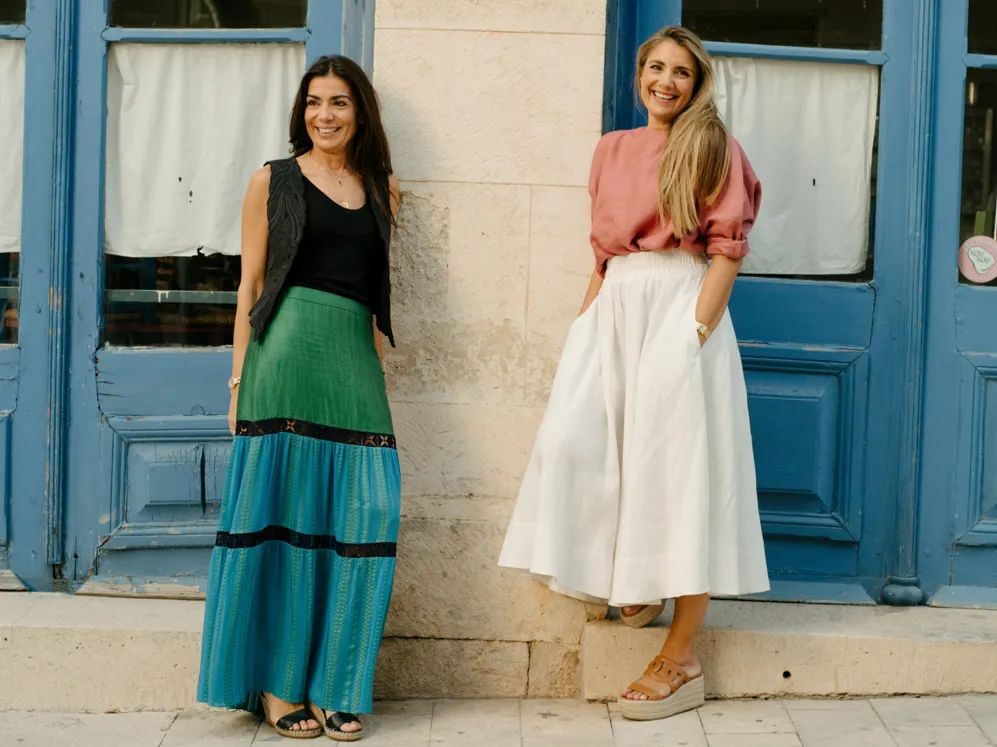
Words Allison Reiber DiLiegro Images Maximilian Mair
The sisters are the founders of Phāea, a hospitality brand rooted in their Cretan heritage that reimagines luxury as something slower, more grounded, and deeply human. Beginning with Phāea Cretan Malia, which had been a part of their father’s business since the 1980s, they’ve been on a journey to honor a “truer, more timeless Greece,” and make their island a bit better in the process.
We sat down with Agapi and Costantza to learn more about the philosophy behind Phāea, how they’re bringing it to life, and their most beloved spots on Crete.
Costantza: Phāea is an ancient word from Homeric times that means the light in your eyes when you’re happy. It’s our vision to celebrate a truer more timeless version of Greece. We’re showcasing not only the beauty of the nature, the food, the community, the heritage, but also the way of life. It’s about slowing down. Being present. Feeling joy.
Agapi: We also want to push the boundaries of luxury travel towards something kinder. It’s about building something immersive and respectful, where tourism becomes a force for good for local communities. We want to incorporate, not only culture from the past, but also things that are happening now.
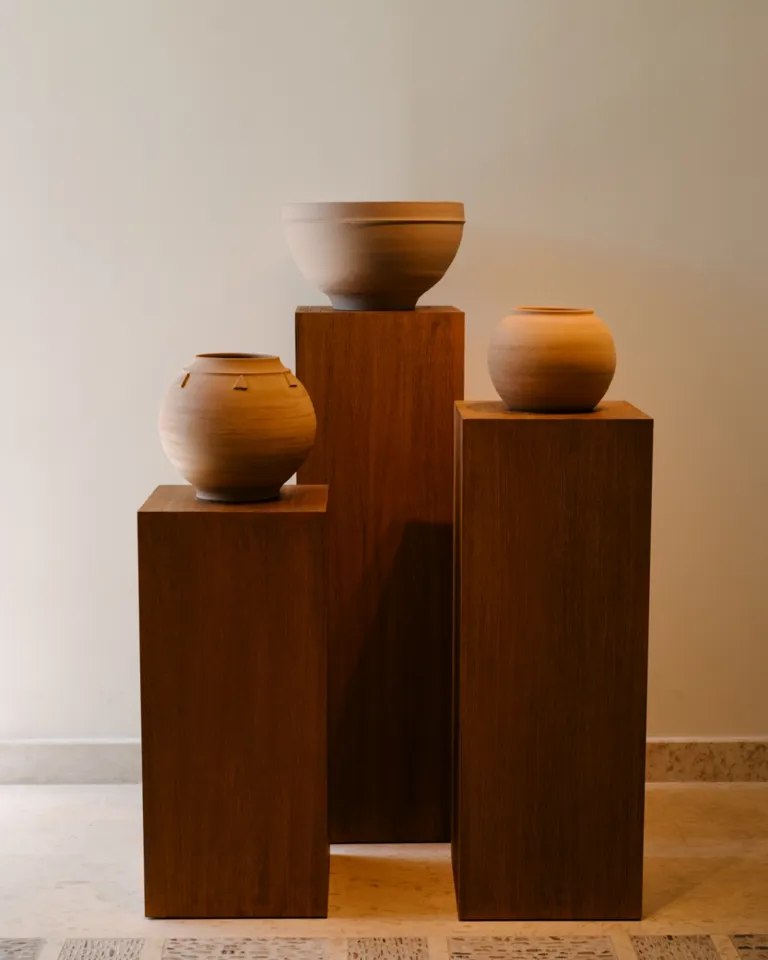
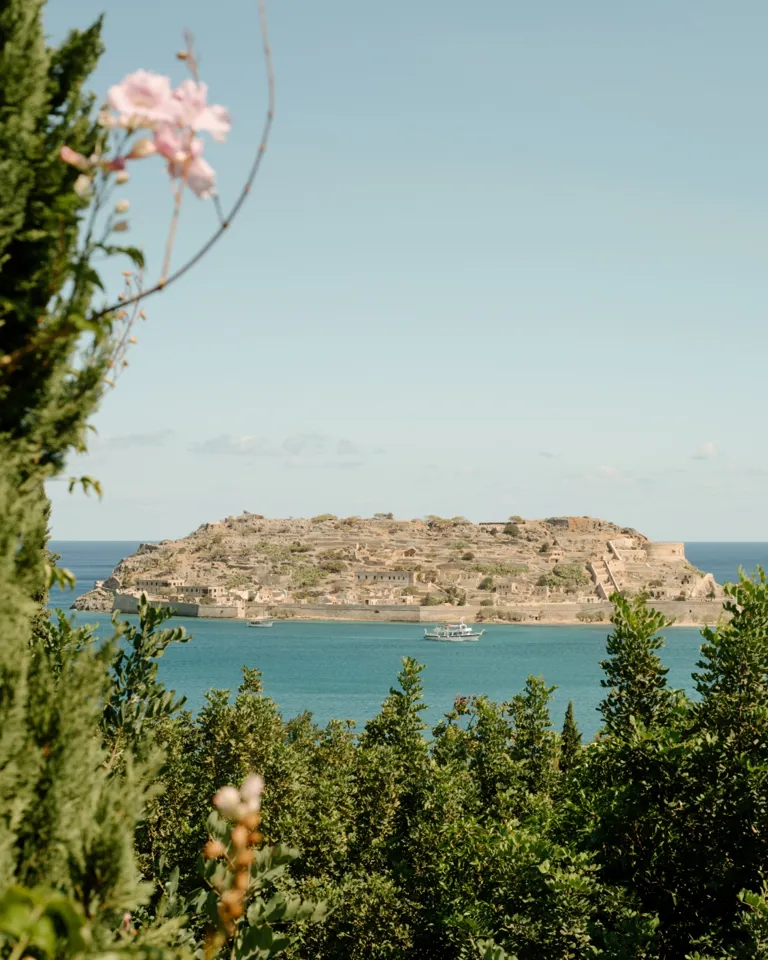
Agapi: Growing up in Crete meant being surrounded by music, stories, and a strong sense of heritage. Even when we left the island, we felt a responsibility to be ambassadors of its culture. Crete is known for its people, hospitality (“Philoxenia”), bravery, and generosity. History, myths, and traditions are deeply ingrained in everyday life, passed down through generations. I grew up hearing stories from my grandparents and parents—tales that felt as alive as the present. This connection to the past grounds us while giving us a responsibility to preserve and celebrate it.
Agapi: We wanted a word that it’s not a buzzword, but that actually makes people think. It's about respecting people, the land, the culture. It means slowing down and acknowledging what’s important—being intentional in every detail, from how we build to how we host. It’s luxury, but with heart.
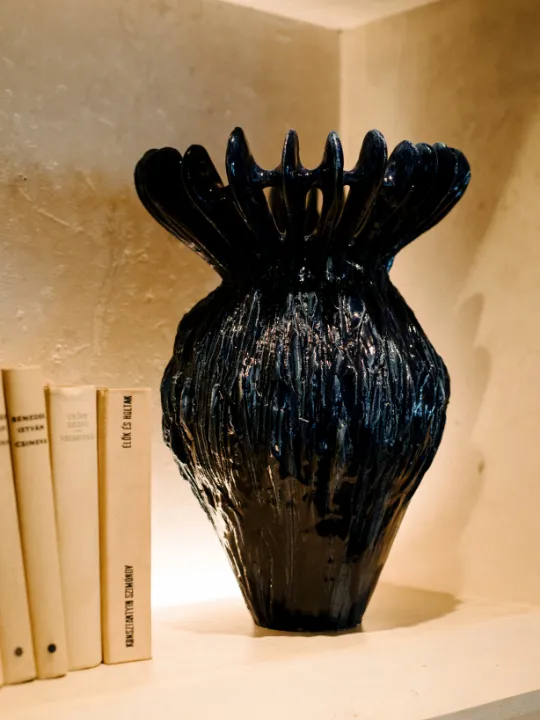
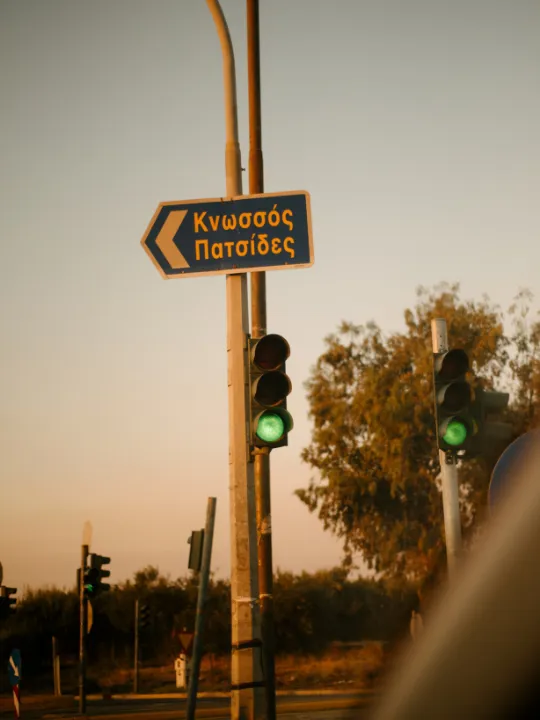
Agapi and Costantza Sbokou were raised on Crete in a hospitality family, and carrying the legacy on in their own way
Costantza: With our father. He was a mechanical and electrical engineer, but also a visionary and a great entrepreneur. He opened his first hotel in 1978 and built everything with Cretan heritage and the Greek concept of hospitality (“Philoxenia”) in mind. Our hotels always made people feel at home, so there was a very high percentage of repeat guests, right from the beginning.
In 2019, Agapi and I launched Phāea as a way to take that legacy forward, but in a new way. What drives us is the opportunity to bring our values to life around place, people, and purpose. It’s something for both for our island but also, for our country, as second-generation hoteliers, that shows there can be a different paradigm for tourism—one that also resonates with how people are evolving.
Costantza: The timing of Cretan Malia was really good for us. When we started working on the project, it was a pretty straightforward, numbers-driven hotel. But we saw that our guests were evolving, and we had to evolve too. So instead of just renovating, we completely reimagined the experience.
Agapi: We decided to remain true to our roots as an independent-minded, family-run business and to create places with a soul. So, the central theme of Cretan Malia—and now Phāea—is slow-paced living. It’s all about creating balance. It’s also represented in our logo, which incorporates the Greek letter Phi, symbolizing the golden ratio.
Costantza: The property was already built, but we made the most of every inch to embody all our values and put a lot of Crete—both modern Crete and our heritage—into it. We turned the gardener’s shed into a coffee shop—a small, hidden treasure within the property. We created our exceptionally beautiful explorers kids facility, which I think is the best we have among all our properties. We don’t have the land to create a photovoltaic park, but we took advantage of every rooftop. And we added an organic garden, which has become a sanctuary.
Agapi: One of the key pillars of Phāea is regenerative placemaking. So, from transforming, let's say, a whole hotel that pre-existed into an eco-design sanctuary. At another of our hotels on Crete, we transformed a beautiful stone fisherman’s house into a taverna by the water’s edge. We try to incorporate the regeneration of things that are part of our culture and give them a new life.
Costantza: A big ambition that we always aim for is self-sufficiency. That’s part of the reason all of our hotels have an organic garden and we launched our Phāea Farmers initiative.
Agapi Sbokou
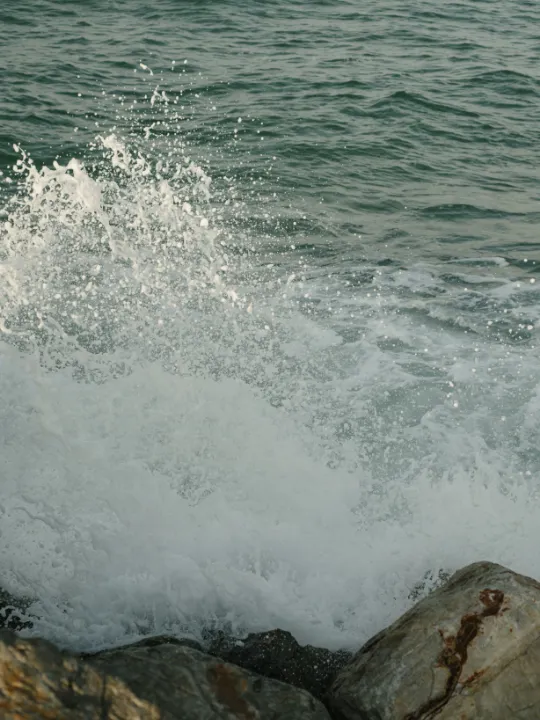
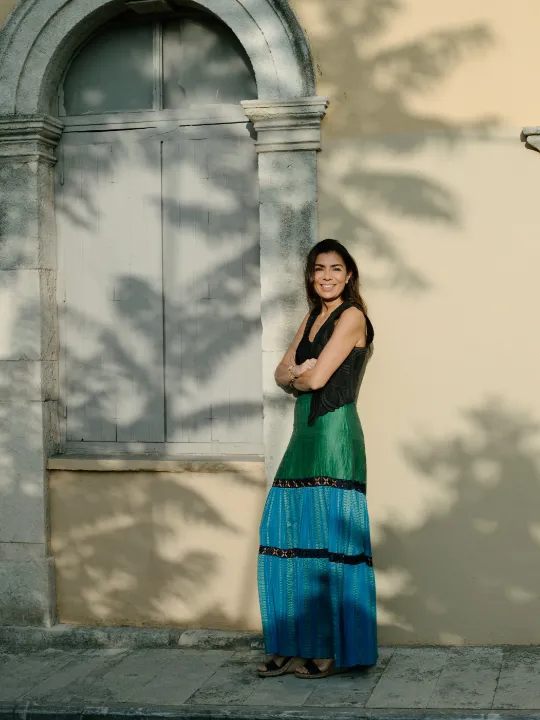
Costantza, pictured here, and Agapi are fixtures on the cultural scene, supporting the arts, tourism, and more
Agapi: Through Phāea Farmers initiative, our own staff who have land can grow organic produce for the hotels. We support them with agronomists, pay a premium, and help with organic certification. It’s fresh, it’s seasonal, and it’s meaningful.
Now 27% of our fruits and vegetables come from Phāea Farmers or our own gardens. It’s not just food—it’s a story. Then, we invite guests to eat in the gardens, meet the farmers, and share a communal feast. That’s where real connection happens.
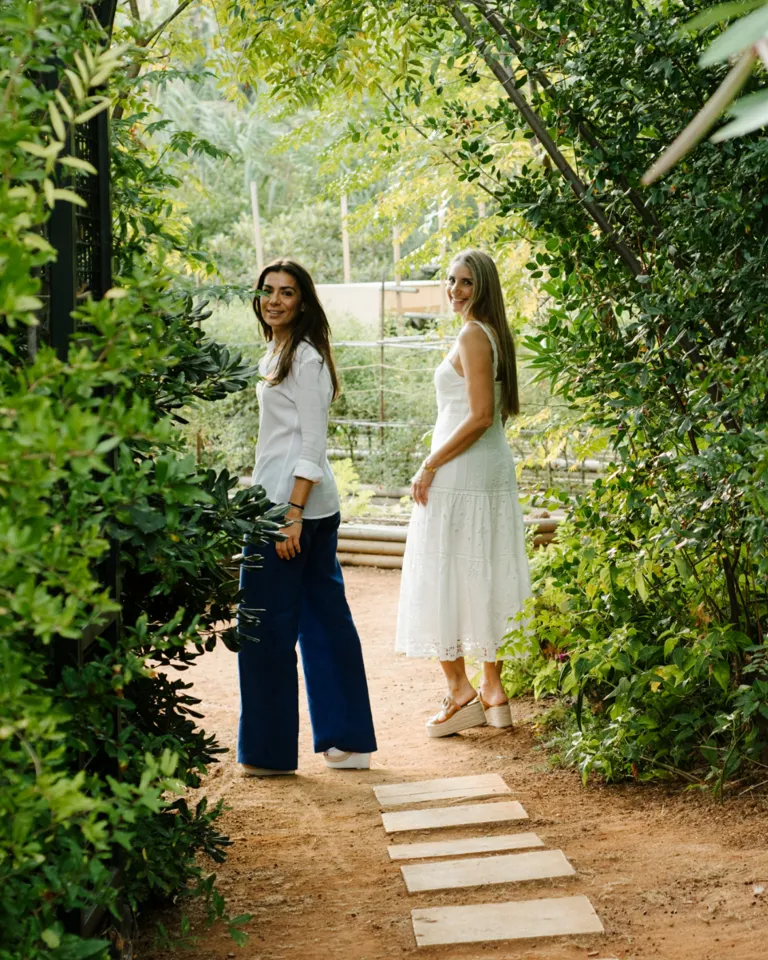
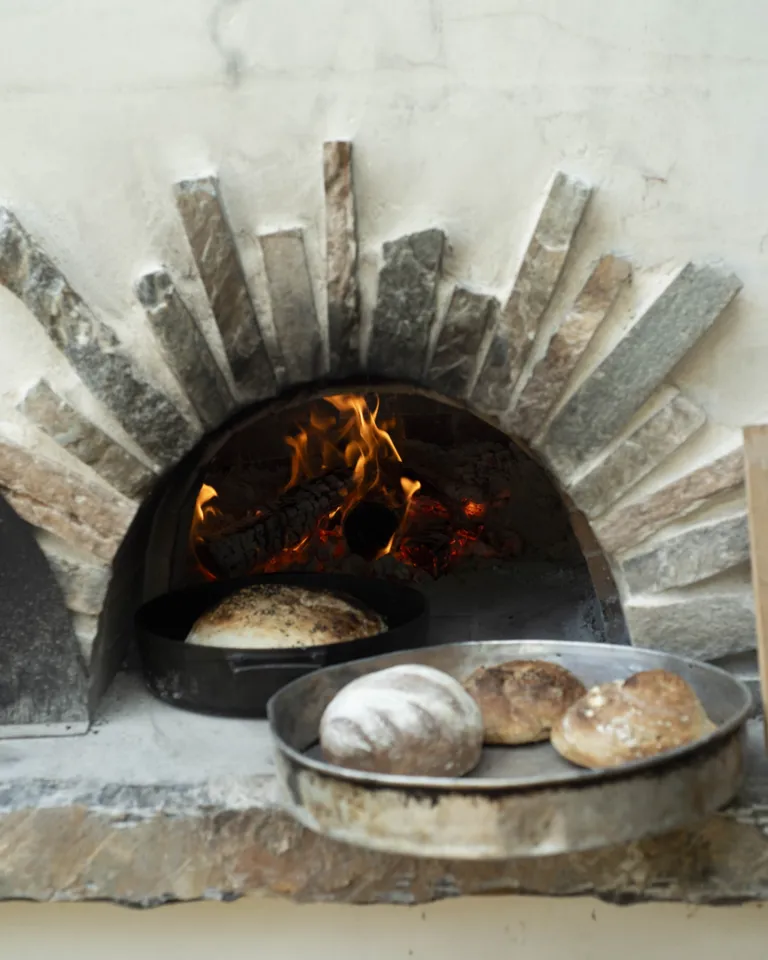
Costantza: Dakos, a simple yet iconic dish made with barley rusk, ripe tomatoes, mizithra or feta, and olive oil. It tells the story of Crete’s agricultural roots, resourcefulness, and timeless flavors.
Agapi: It’s one of our pillars. We’re not only preserving heritage but also giving space to new Greek creation. We’ve collaborated with the Benaki Museum to curate rotating exhibitions in our lobbies. These pieces are alive—they evolve each season.
Costantza: We’ve also donated our family house to the municipality to become a weaving and looming center for young people. It's a way to create opportunities and keep Crete’s traditional craftsmanship alive for future generations.
Costantza: Arkadi Monastery for its beauty and deep historical significance. Spinalonga, just a short boat ride from Phāea Blue, for its layered history—from Venetian fortress to leper colony. And Anogia, the home of our grandparents.